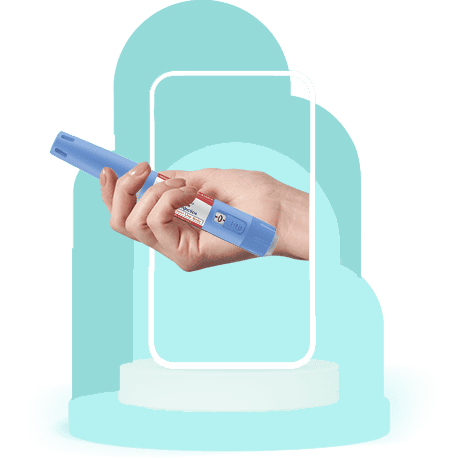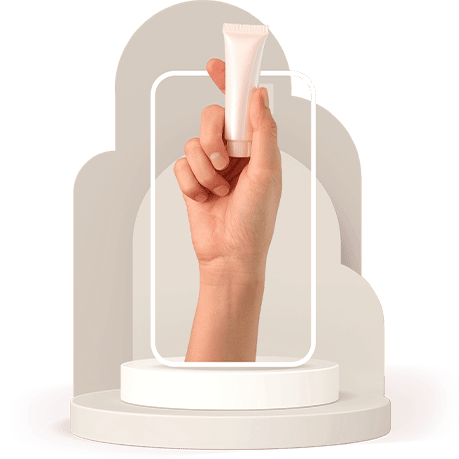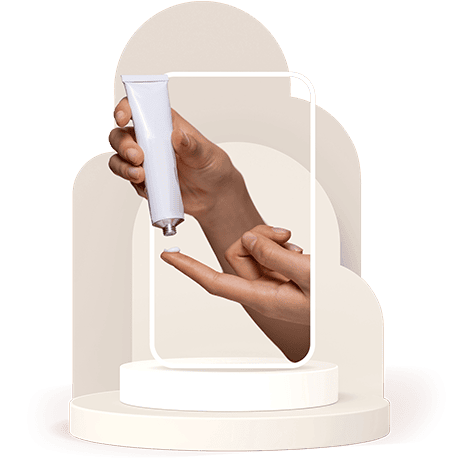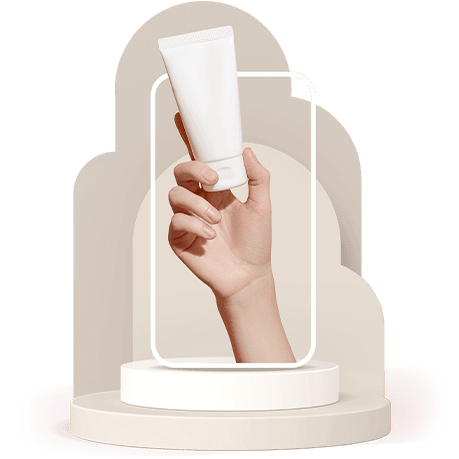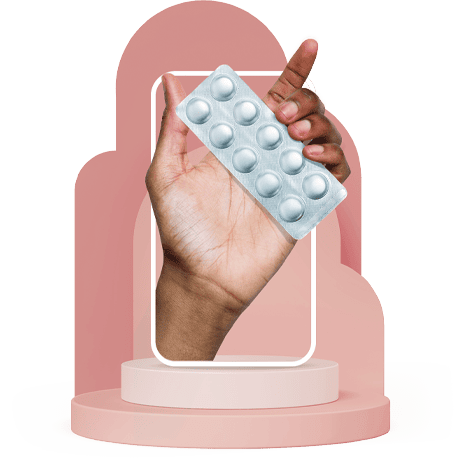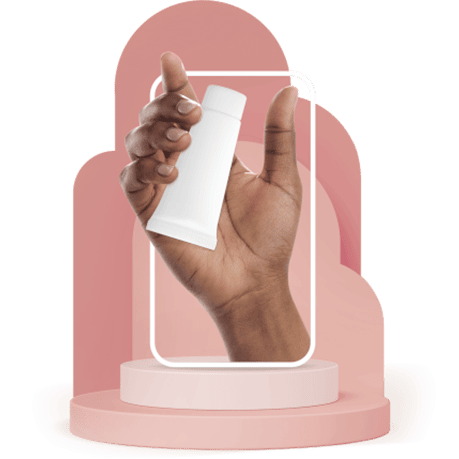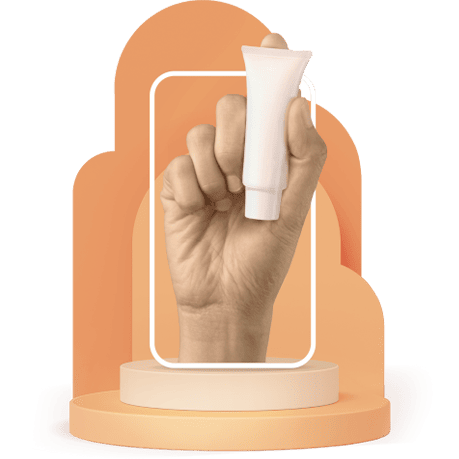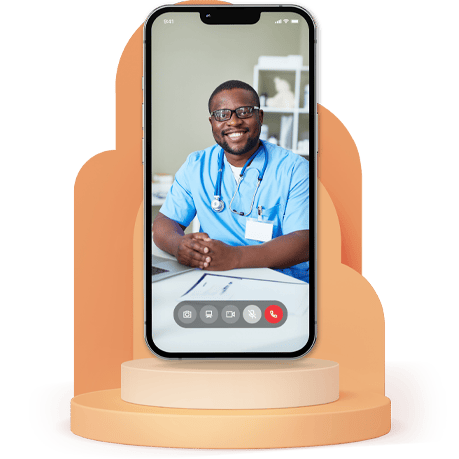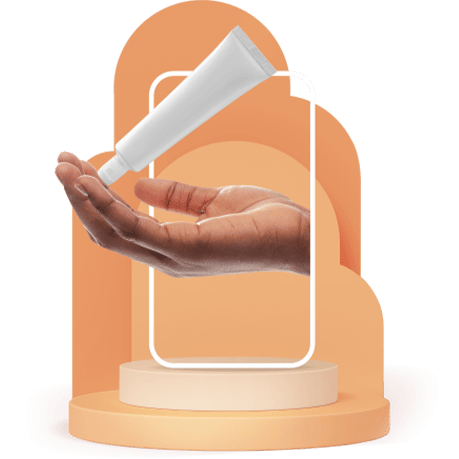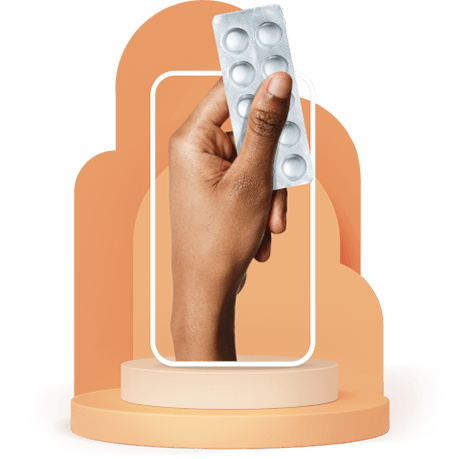What is Chlamydia?
Chlamydia is one of the most common STIs that can be contracted by both men and women. If left untreated it can cause permanent damage to a woman’s reproductive system making it difficult or even impossible to get pregnant. It is caused by the bacterium Chlamydia trachomatis.
How does a Chlamydia infection occur?
This STI is spread through bodily fluids. The most common events that cause the spread of Chlamydia are:
- Unprotected oral, vaginal, or anal sex;
- Mutual use or the sharing of sex toys with an infected person; or
- Genital contact (even if there’s no penetration, orgasm, or ejaculation).
What are the symptoms?
Symptoms usually do so within 1 – 3 weeks of exposure, although symptoms can flare up at any time after infection. Symptoms may include:
- Lower abdominal pain;
- Unusual vaginal bleeding (e.g. after sex, between periods);
- Unusual discharge from your vagina – e.g. more than usual;
- Unusual discharge from your penis – e.g. white, watery;
- Painful or swollen testicles;
- Painful urination;
- Burning during urination;
- Pain when you have sex;
- Pain or discharge from your anus – indicates a Chlamydia infection in the rectum;
- Pain in your throat – indicates a Chlamydia infection in the throat; or
- Pain or redness in your eye – indicates a Chlamydia infection of the eye.
|| It is estimated that 70% of women, and 50% of men will not have symptoms when they have a Chlamydia infection. It is still possible to pass Chlamydia on to others through the transmission methods mentioned above.
How is Chlamydia treated?
This STI is easily treated with antibiotics. If you are HIV-positive and have chlamydia you should receive the same treatment as anyone who is HIV-negative.
| Contro’s Partner Doctors are able to assist you with obtaining the correct antibiotic treatment plan for Chlamydia. Sign up here, book a private and affordable consultation and get your medication delivered free to your door in discreet packaging.
Do I have to finish my course of antibiotics?
Yes, you must always take and finish your course of antibiotics as prescribed by the attending doctor.
When should I get treatment for Chlamydia?
If you or your partner(s) have any of the above symptoms, your partner tells you they have Chlamydia or another STI, or you had unprotected sex with someone new, you should either get tested or seek treatment immediately. Unless you have symptoms, it is recommended that you wait two weeks from the time of exposure to test for Chlamydia as it can take up to two weeks to be detected.
|| Importantly, if you are pregnant or suspect you may be pregnant, and are concerned you may have Chlamydia, you should should seek immediate attention and/or advice from a medical professional. ||| If you believe you have Chlamydia you should either get tested or seek treatment immediately from a qualified medical professional.
What if I test positive for Chlamydia?
If you test positive, you should seek treatment immediately. You must not engage in sexual activity (e.g. oral, vaginal, or anal sex, genital contact, or use sex toys). It’s important that your recent sexual partner(s) are also tested and treated. This includes anyone you are currently having sex with, anyone you’ve had sex with within the last 6 months, and your last sexual partner. Once you and your partner(s) have completed treatment, you can then safely resume sexual activity.
What if I don’t treat the infection?
If left untreated and unattended to, this STI has the ability to cause long-term health complications such as:
- Pelvic inflammatory disease;
- Fertility problems; or
- Arthritis.
For any further information related to Chlamydia please book a consultation with one of our Partner Doctors who will be able to assist and provide you with the correct medical advice. For all non-medical queries, you’re welcome to contact us through our chat service or at support@contro.co.za between the hours of 9:00 to 18:00 Monday to Friday. Otherwise, leave us a message and we’ll get back to you as soon as possible.








